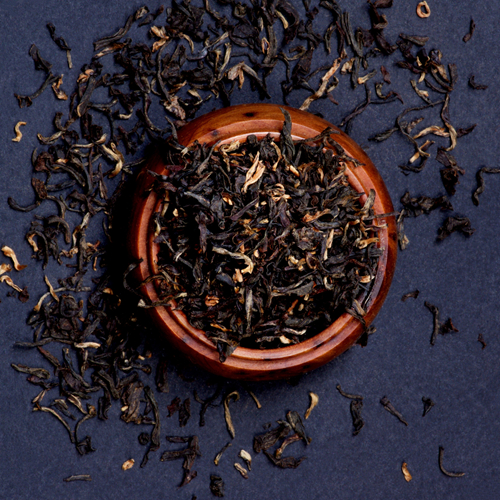
Theacrine
Scientific names: Theacrine
Alternate names: Tetramethyluric Acid
Actions: Analgesic, Anti-inflammatory, Antioxidant, Cardiovascular, Hepatic, Locomotor, Sedative
Background
Theacrine is a naturally occurring chemical similar to caffeine. It's found in teas and coffee, especially the tea plant Camellia assamica var. kucha.
Theacrine can affect the brain similarly to caffeine. Theacrine speeds up the central nervous system at higher doses and slows down the central nervous system at lower doses.
People use theacrine for fatigue, memory and thinking skills, athletic performance, muscle strength, and many other purposes, but there is no good scientific evidence to support these uses.
Theacrine can affect the brain similarly to caffeine. Theacrine speeds up the central nervous system at higher doses and slows down the central nervous system at lower doses.
People use theacrine for fatigue, memory and thinking skills, athletic performance, muscle strength, and many other purposes, but there is no good scientific evidence to support these uses.
Safety Safety definitions
When taken by mouth: Theacrine is possibly safe when used short-term. A specific product (TeaCrine) providing 300 mg of theacrine daily has been used safely for up to 8 weeks. It seems to be well-tolerated, but it's not clear what side effects theacrine might cause.
Special Precautions & Warnings:
Pregnancy and breast-feeding: There isn't enough reliable information to know if theacrine is safe to use when pregnant or breast feeding. Stay on the safe side and avoid use.Effectiveness
Effective Effectiveness definitions
There is interest in using theacrine for a number of purposes, but there isn't enough reliable information to say whether it might be helpful.
Dosing & administration
There isn't enough reliable information to know what an appropriate dose of theacrine might be. Keep in mind that natural products are not always necessarily safe and dosages can be important. Be sure to follow relevant directions on product labels and consult a healthcare professional before using.
Interactions with pharmaceuticals
Sedative medications (CNS depressants)
Interaction Rating=Moderate Be cautious with this combination.
Theacrine might cause sleepiness and slowed breathing at low doses. At high doses, theacrine might decrease sleepiness. Some medications, called sedatives, can cause sleepiness and slowed breathing. Taking theacrine with sedative medications might increase or decrease the effects of those medications.
Interactions with herbs & supplements
Herbs and supplements with sedative properties: Theacrine might cause sleepiness and slowed breathing at low doses. At high doses, theacrine might decrease sleepiness. Taking it along with other supplements with sedative effects might increase or decrease the effects of those supplements.
Interactions with foods
There are no known interactions with foods.
vital.ly has licensed monographs from TRC Healthcare.
This monograph was last reviewed on 31/01/2024 11:00:00 and last updated on 15/02/2023 06:29:50. Monographs are reviewed and/or updated multiple times per month and at least once per year.
Natural Medicines disclaims any responsibility related to medical consequences of using any medical product. Effort is made to ensure that the information contained in this monograph is accurate at the time it was published. Consumers and medical professionals who consult this monograph are cautioned that any medical or product related decision is the sole responsibility of the consumer and/or the health care professional. A legal License Agreement sets limitations on downloading, storing, or printing content from this Database. No reproduction of this monograph or any content from this Database is permitted without written permission from the publisher. It is unlawful to download, store, or distribute content from this site.




